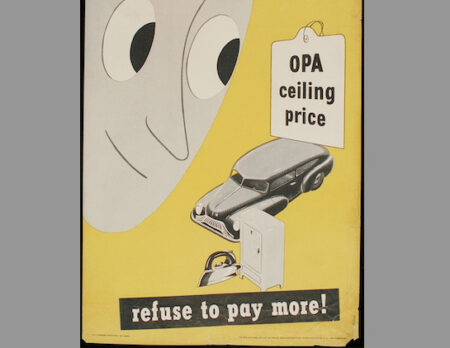
Advancing Equity in the Data Economy: The Case for International Taxation
Companies and their investors extract large amounts of wealth from people’s data. Yet because tax law treats users of digital platforms as consumers, rather than producers, neither these users nor their home countries receive any compensation in return. How might international tax law be used to mitigate the harms of this exploitative arrangement?




